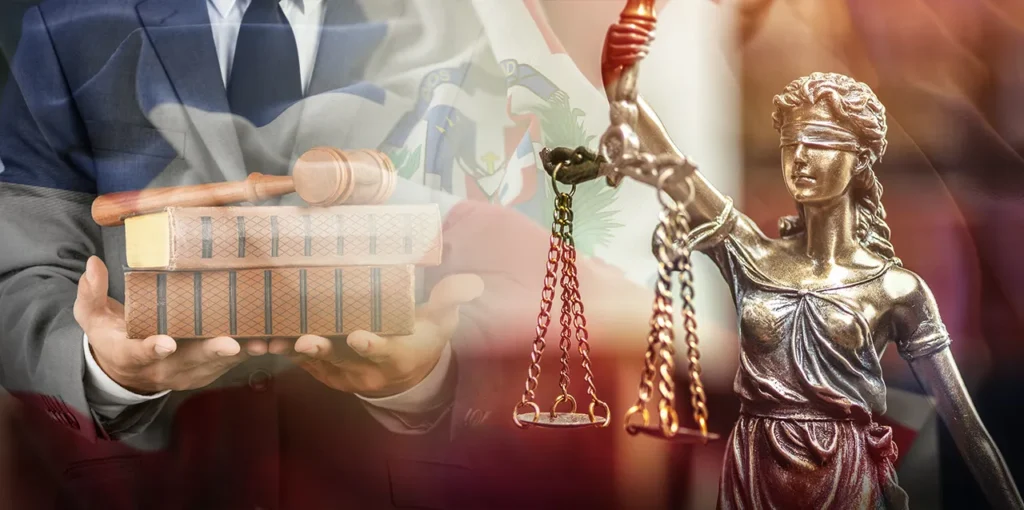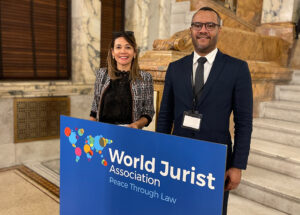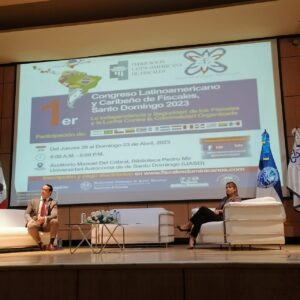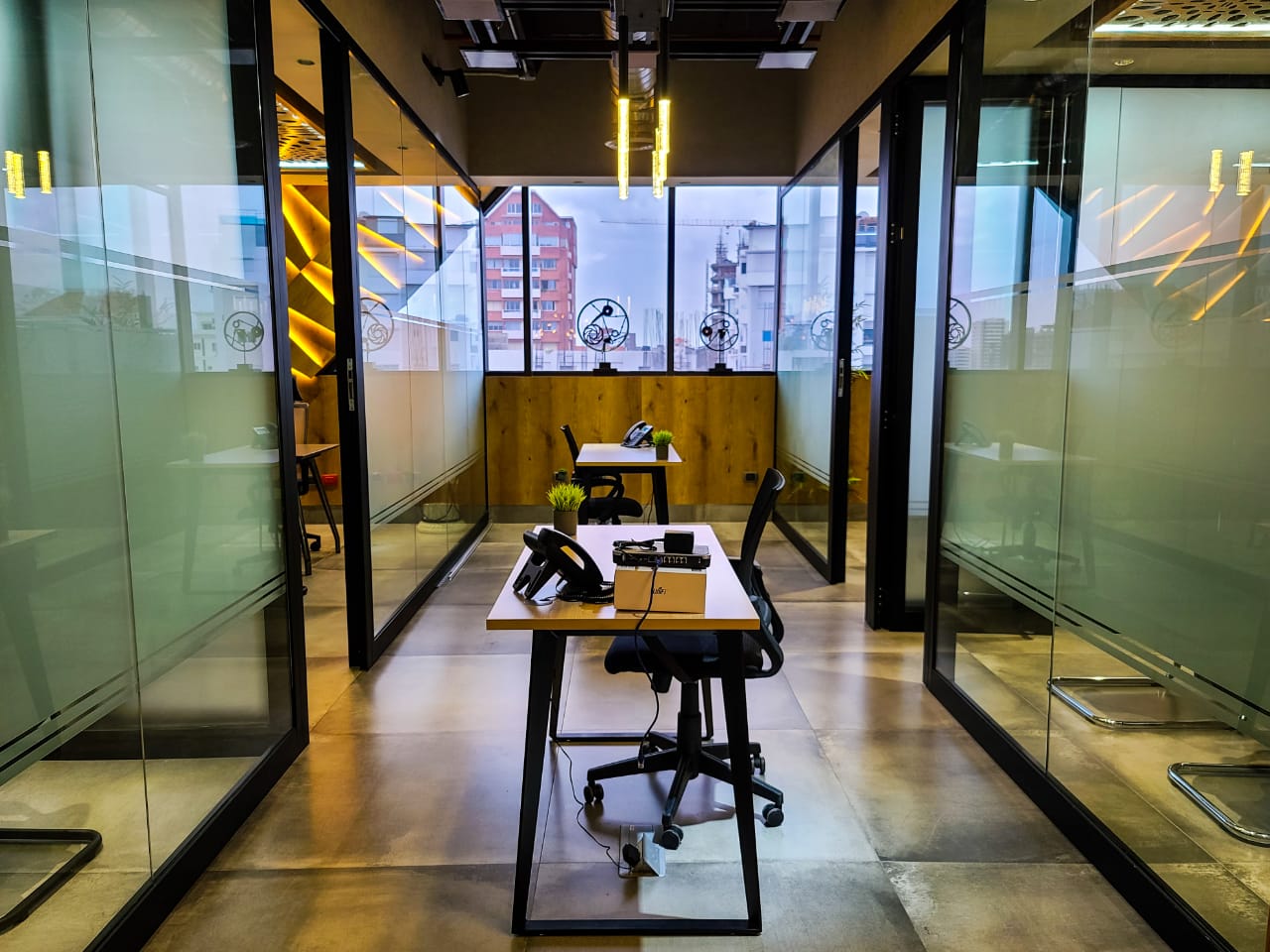Summary
Counterfeiting and piracy are problems that negatively impact all industries and sectors internationally, risking human health and the security of States. Dominican Republic does not escape this situation not only because it has a strategic geographical location but also because it´s a tourist spot in the region. Indeed, the country has been affected by the commercialization of counterfeits, mostly clothing, cell phone accessories, medicines, and alcoholic beverages, as well as piracy, especially in the contents sector. This is why the Dominican State has implemented avant-garde legislations and put proactive authorities, who using the legal mechanisms available to them, fight energetically every day against these crimes.
Keywords
Counterfeiting, piracy, intellectual property crimes, clothing, accessories, medicines, alcoholic beverages.
Counterfeiting and piracy are a global problem, which has a great impact on different industries, affecting not only the interests of trademark and copyright holders, but also the economy of countries, human health, and the security of a nation. Indeed, as is well known, behind these crimes are other large-scale ones, such as terrorism, drug trafficking, money laundering, etc. Therefore, these are criminal activities, which must be suppressed for the welfare of society.
The Dominican Republic does not escape this problem, especially for being a country with a strategic geographical location, which main economic activity is tourism. Undoubtedly, these characteristics make it a vulnerable point and, at the same time, attractive for infringers in the commercialization of counterfeit and copyright infringing products.
In order to understand how the commission of the crimes and combat of these are carried out in the Dominican Republic, it is necessary, first, briefly addressing the scenario of the commercialization of counterfeit products and piracy in the country, and second, highlighting how the authorities counteract them, relying on avant-garde legislations that typifies and establishes penalties, measures and mechanisms of action that are available against them.
In this regard, with respect to trademark infringements, it should be noted that recently the products that have been subject to the greatest counterfeiting and fraudulent imitation have been footwear, clothing, cell phone accessories, and toys. Likewise, numerous cases of counterfeiting of alcoholic beverages and medicines have been detected.
A curious and important thing to highlight is the fact that in the main provinces of the country -Santo Domingo and Santiago de los Caballeros- there are specific areas in which, in an open and somewhat normal way, counterfeit clothing and accessories from famous brands are sold. Thus, in these places it is common to sell counterfeits and fraudulent imitations -as if it were a legal activity- of casual and sports shoes, clothing, toys, cell phone chargers, hearing aids, etc. Among these areas we can mention Villa Consuelo, La Venezuela, Herrera (Isabel Aguiar) and El Sol street. Similarly, in tourist areas such as Punta Cana, Bávaro and Cabarete, there are shops and street vendors offering this type of products.
In the same way, due to the emergence and heyday of social networks, contrary to what happens in other countries -in which the commercialization of these products through websites is very common- in the Dominican Republic, offenders use the platforms of Instagram and Facebook as the main way and instrument for advertising and selling counterfeit products. Thus, the crime is carried out on a large scale both in physical stores and virtually, through Facebook and Instagram.
As mentioned above, other counterfeit products include alcoholic beverages. However, their marketing occurs clandestinely or -unlike what happens most of the time with clothing and accessories, where the consumer knows what they are buying- these products are sold to the public in nightclubs and bars and are purchased by them, believing that they are original, reliable and suitable drinks for human consumption. The same thing happens with medicines, that is, their sale is clandestine and consumers obtain them under the understanding that they are buying genuine products. All of which implies a serious health risk.
Regarding piracy, the acquisition and use of software without proper licenses has been frequent, as well as unauthorized access to content platforms (films, series, documentaries, etc.); all this through, for example, applications such as “cracked” and “red tv” that facilitate such illegal access. Other common cases have been the unauthorized reproduction and commercialization of books, which are sold as originals to consumers or acquired by them knowingly at a lower price than that of publishing houses and bookstores, through street vendors and physical stores.
Thus, the important question arises: Where do these infringing products come from? Regarding counterfeit clothing and accessories, most of these products are imported into the country from China and Panama. There have been few cases where they are manufactured locally. Cases are also observed in which the materials of these products are separately imported -by pieces or parts- and they are then assembled or made at their final destination.
Regarding alcoholic beverages, medicines and cigarettes, it is usual for them to enter the country from Haiti through contraband, but, in the same way, there have been frequent cases of dismantling and closing of laboratories and illegal manufacturing premises by the authorities.
Although the above scenario may not seem encouraging, it is important to highlight the great work that the Dominican Republic has been doing for many years to combat counterfeiting and piracy, becoming an active country in the fight against these offenses.
In this order, it is worth to note that as a result of the ratification of the WTO Agreement on Trade-Related Aspects of Intellectual Property Rights (TRIPS) and, also some time later, of the Free Trade Agreement between the United States, Central America and Dominican Republic (DR-CAFTA), updated regulations on intellectual property were adopted, through the promulgation and subsequent modification of Law 20-00 on Industrial Property and Law 65-00 on Copyright, which classify said infringements as criminal offences, they have prison sentences of between 6 months and 3 years against the offenders, fines of 50 to 1000 minimum salaries, as well as strong precautionary measures, including border measures.
Moreover, as a consequence of the commitments assumed through the DR-CAFTA, the Criminal Procedure Code was modified, so that trademark infringements today constitute crimes that can be prosecuted through public criminal action or private criminal action.
Likewise, the Department of Intellectual Property of the General Directorate of Customs (DGA) was created in 2010, which withholds, even ex-officio, products infringing trademarks and copyrights imported, exported or in transit, in application of the aforementioned border measures. Likewise, said department established the registry of trademark and copyright holders before the DGA, for a better execution of its work of detection and retention of counterfeiting and piracy.
The Attorney General´s Office of the Republic has created specialized prosecutors to prosecute said crimes, among which are: A) the Specialized Attorney for Crimes and Offenses against Health (PEDECSA), which, hand in hand with the Ministry of Public Health and Social Assistance (MISPAS), the Intelligence Department of the DGA and the Specialized Body for the Control of Fuels and Merchandise Trade (CECCOM), investigates and carries out operations against smuggling, manufacturing and importation of alcoholic beverages and counterfeit medicines; and B) the Intellectual Property Unit (UPI), which directs the various intellectual property prosecutors in the different provinces of the country, which carry out raids on infringing businesses and seizures of counterfeit and pirated products. These authorities have strengthened ties and work together with the National Institute for the Protection of Consumer Rights (PRO-CONSUMIDOR), the National Police and the “Homeland Security Investigations” (HSI) of the United States of America, carrying out successful operations in this regard.
Other important legislations that cannot be ignored are the General Health Law 42-01, modified by Law 22-06, which imposes strong sanctions against the counterfeiting of medicines, as well as Law 17-19 on Eradication of Illicit Trade, Smuggling and Counterfeiting of Regulated Products. The latter, has strong administrative and criminal sanctions, as well as establishes precautionary measures and the confiscation and destruction of products, once their origin or illegal commercialization has been verified by the competent authorities, without the need for a definite sentence.
To strengthen the regulation and control of content generators and sound, television and subscription television broadcasting service providers, and, at the same time, strengthen the protection of copyright in the country, in the year 2021, The Dominican Telecommunications Institute (INDOTEL) and the National Copyright Office (ONDA) signed an inter-institutional Cooperation Agreement. As a consequence of this agreement, these institutions have taken measures to close down places that provide illegal content distribution services.
Likewise, last year 2022, the Inter-ministerial Council of Intellectual Property was established, which arduously watches over the protection and observance of intellectual property rights, through the joint work of the different authorities that are involved in the matter.
In the fight against illegal counterfeiting and piracy, the Dominican State has appointed prosecutors specialized in intellectual property in most of the country’s provinces, which during 2022 handled more than 584 cases nationwide, resulting in the seizure of tens of millions of infringing products in different operations.
Also, during the past year 2022 and this year, the Dominican authorities, through the previously mentioned organizations achieved important accomplishments against these crimes. The most recent include: A) The destruction in January 2023 of 471,000 counterfeit medicines and 78,600 sexual stimulants by CECCOM, which were seized by the DGA, PEDECSA and PRO-CONSUMER in different operations; B) The incineration of more than 6.5 million cigarettes, adulterated alcoholic beverages, sexual stimulants and counterfeit medicines, seized by PEDECSA, CECCOM and the DGA; C) The seizure in July 2022 of 3,000 gallons of adulterated alcoholic beverages that were seized in operations carried out in Santo Domingo, La Romana, Puerto Plata, Santiago, Elías Piña and Dajabón; D) The raid in September 2022 on a printing press located in the capital, seizing numerous pirated textbooks for children and the equipment used for their illegal printing, arresting the offenders and imposing coercive measures against them; E) Various operations that include simultaneous raids, carried out in 2022 in different stores in Santiago de los Caballeros and the National District by the UPI and HSI, seizing numerous counterfeit footwear, clothing, and sporting goods from well-known trademarks.
Notwithstanding the above, it must be recognized that there are still aspects that need to be improved regarding the prosecution of intellectual property crimes. Among the practices that must be corrected is the fact that although this type of crime can be prosecuted through public criminal action, it frequently happens that if there is no complaint by the owner of the intellectual property right, the prosecution does not act independently, incorrectly giving the prosecution of the crime the character of a public criminal action at a private instance.
Also, there is a great need to train judges, prosecutors, police officers and different authorities that are part of this battle, in order to continue achieving effective results and eliminate the incorrect perception that these crimes only affect private interests. Likewise, these authorities must be supported with the relevant resources so that they can carry out their functions effectively, since the lack of said resources continues to be an obstacle to the proper performance of their tasks.
The education of young people and adults in matters of intellectual property should be a priority for Dominican society, since it is imperative to make the population aware of the serious damage that these crimes cause to the nation.
Owners of intellectual property rights are key actors in raising awareness among the population, as well as in the fight against these crimes. So your active intervention plays an important role in this fervid mission.
Making a comparison with many of the Latin American countries, the measures taken by the Dominican State over the years are examples to follow, since they have been very favorable and beneficial to the cause, as well as tending to comply with the international commitments.
Finally, although the Dominican Republic still remains within the “watch list” category in report 301 of the Office of the Trade Representative of the United States of America corresponding to the year 2023, in said report the country is recognized for its great advances , praising their strong political will to counter these breaches.






